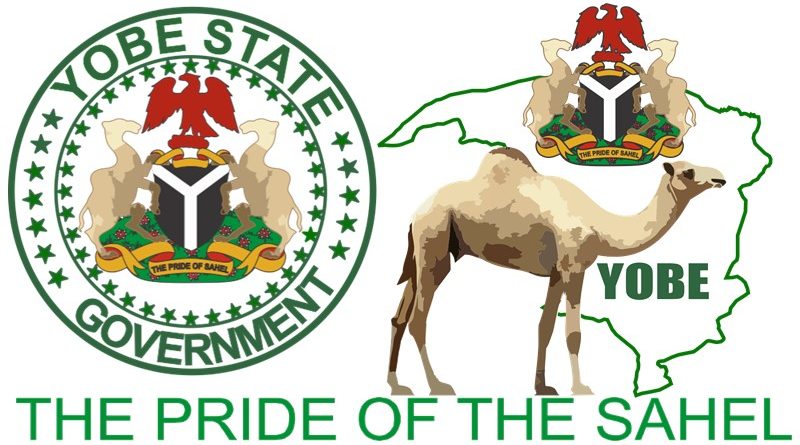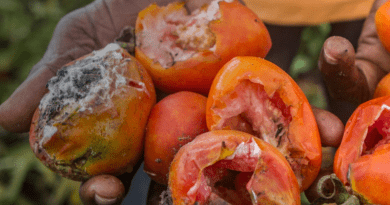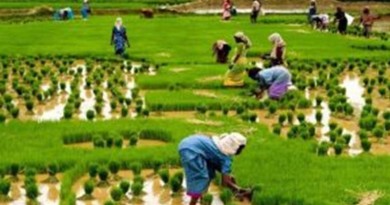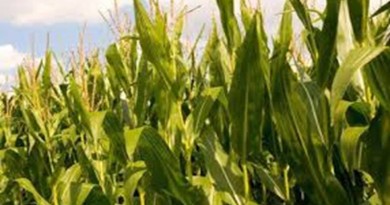AfDB grants $50m loan to support climate change resilience and food security in Yobe State
The African Development Bank Group has granted a $50 million loan to the Yobe State Environmental and Climate Change Action Project (ECCAP). This project aims to enhance climate change resilience, improve food security, and uplift the livelihoods of more than 3.5 million people in northeast Nigeria. The total cost of the project is estimated at $101.34 million, with the African Development Bank providing $50 million, the Arab Bank for Economic Development in Africa (BADEA) contributing $30 million in co-financing, the Yobe State Government contributing $4.52 million, and project beneficiaries contributing $16.82 million.
Yobe State has faced numerous challenges in the past, including prolonged inter-communal conflicts and armed insurgencies, which have worsened its already fragile environmental situation and led to rapid economic decline. With 72% of its population living below the poverty line, Yobe is considered the most vulnerable state in Nigeria when it comes to climate change.
The ECCAP project will support the federal and state governments in addressing the issues of droughts and desertification. It will also empower women by providing them with small ruminants and cooking stoves to help develop micro, small, and medium-sized enterprises. Additionally, the project will assist in the formulation of Yobe State’s Gender Policy.
To encourage the preservation of the environment, a Payment for Ecosystem Services (PES) scheme will be implemented. This scheme will incentivize the population to maintain 2 million regenerated trees on farms and provide payments for labor and related services for planting and maintaining 20 million drought-resistant trees. The ECCAP project aligns with the ongoing and planned initiatives of the African Development Bank and other development partners to address climate change and promote improvements in livelihoods in Yobe State.
During the approval of the project by the Board of Directors, Dr. Akinwumi Adesina, President of the African Development Bank Group, emphasized the project’s significance in addressing various challenges such as insecurity, climate vulnerability, and food insecurity, while also promoting resilient livelihoods. He described the project as a practical and detailed initiative that tackles these issues comprehensively, highlighting the importance of integrating different aspects to build resilient livelihoods.
Lamin Barrow, Director General of the Bank’s Nigeria Country Department, highlighted the project’s focus on afforestation and reforestation, which will contribute to carbon sequestration and reduce vulnerability to climate shocks. He emphasized that this green project will enhance the resilience of the target population and support Nigeria’s efforts to restore 4 million hectares of degraded land, aligning with the African Forestry Landscape Restoration Initiative and Sustainable Development Goals 13 and 15.
Martin Fregene, Director of the Bank’s Agriculture and Agro-Industry Department, emphasized that the ECCAP project goes beyond typical livelihood support projects. It aims to bridge gaps and ensure sustainability in projects that enhance livelihoods. The project will not only improve the vegetative cover of the state by establishing over 20 million trees across 120,000 hectares but also empower selected youth and women to establish 3,560 new MSMEs. These enterprises will process and market products derived from trees, such as neem oil, and introduce improved clean cooking stoves and technologies to benefit 10% of the population.
The Bank’s current portfolio in Nigeria consists of 50 operations totaling $4.6 billion. These operations are well-distributed across the Bank’s priority areas, known as the High 5s.




